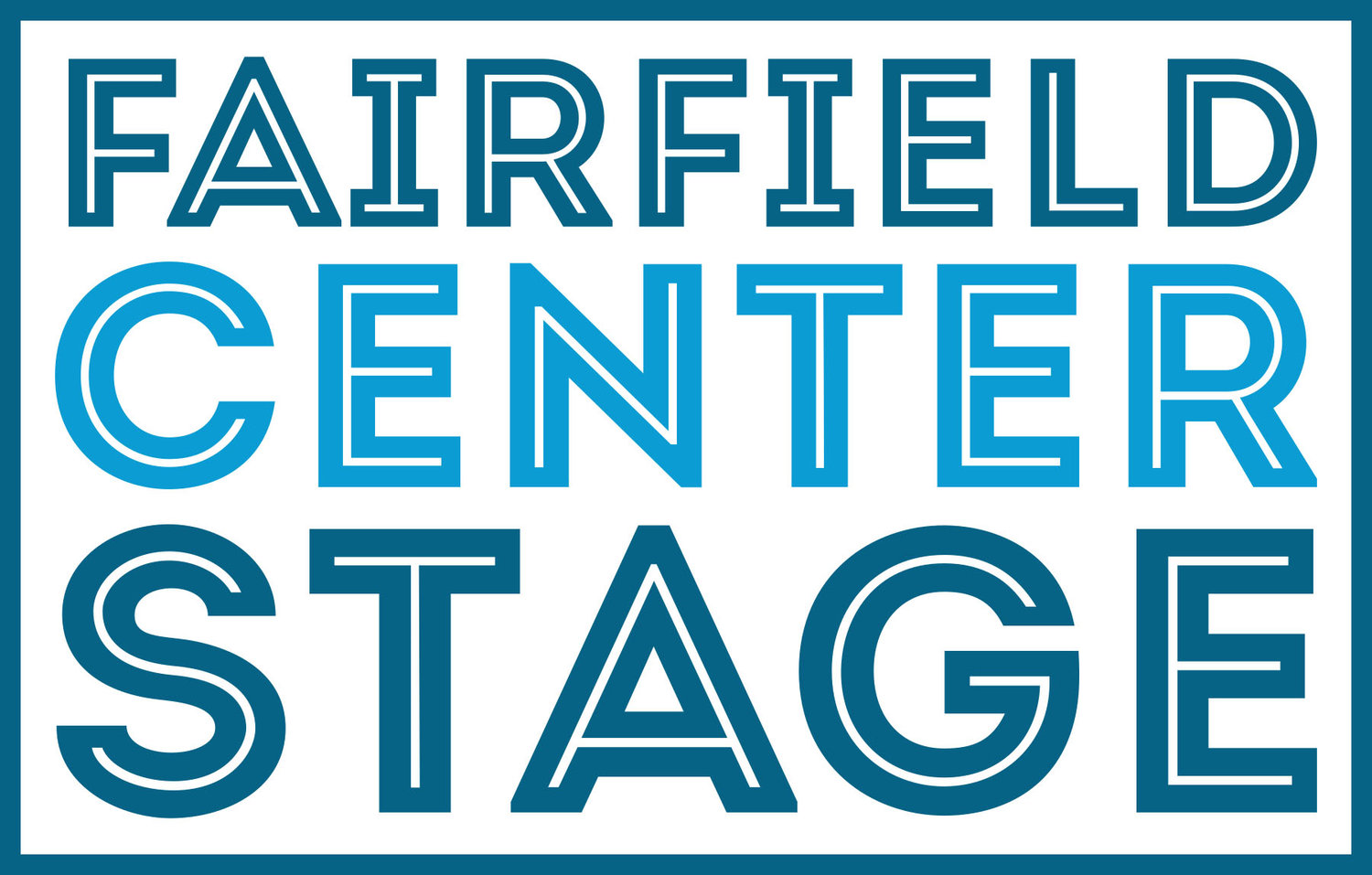Q: Why is it important for this story to be told today?
A: Because the drama and inequity continue. Twilight, on stage and on the page, allows the reader/audience to hear the voices of a wide range of our fellow citizens, raw and unadorned, in the process of reliving a landmark historical event. It is very much the same today – George Floyd, Brianna Taylor, and before that, John Lewis on the Pettus Bridge.
Q: Describe one of the characters you play, and the heart of that particular speech.
A: Josie Morales = A clerical worker with the City of Los Angeles, Josie was a witness to the Rodney King beating. She was scheduled to testify at the trial but never called. At the beginning of her monologue, as she recounts the event, she seems soft in her retelling of her story. But she’s not. She is a spiritual woman, continually haunted long after the trial through a dream of the assault. She feels deeply the injustice of not being able to tell the story of an eyewitness, which could have altered the results of the trial. Through her words we feel the escalation of her despair to never be able to let her dream / testimony rest.
Q: What do you hope the audience takes away from this experience?
A: That this piece, like most effective art, asks far more questions than it answers – questions that remain, unfortunately, just as unanswered and every bit as necessary today as they did in 1992.

